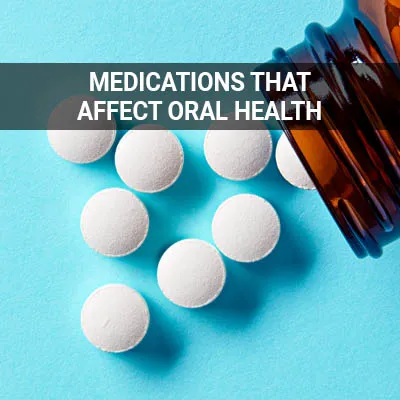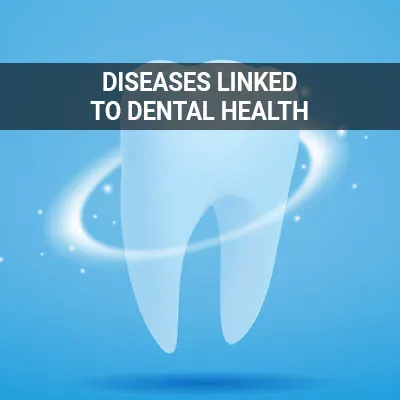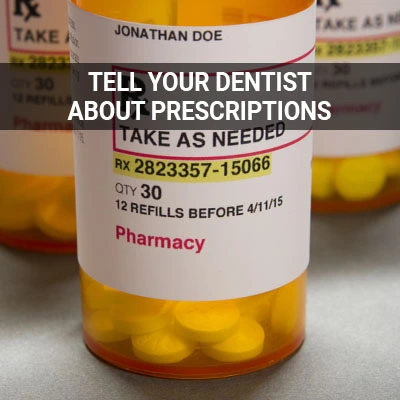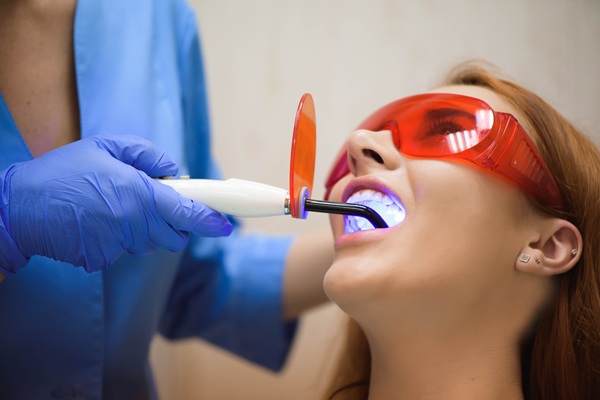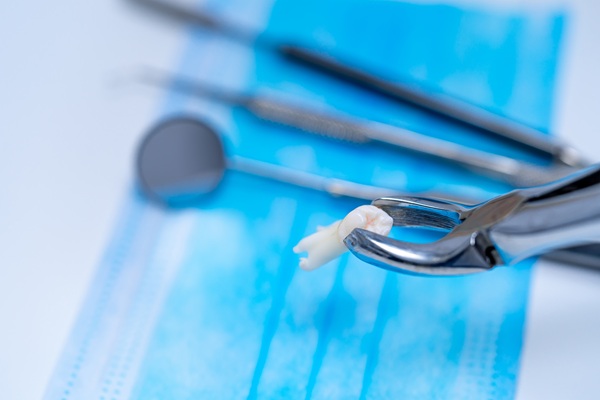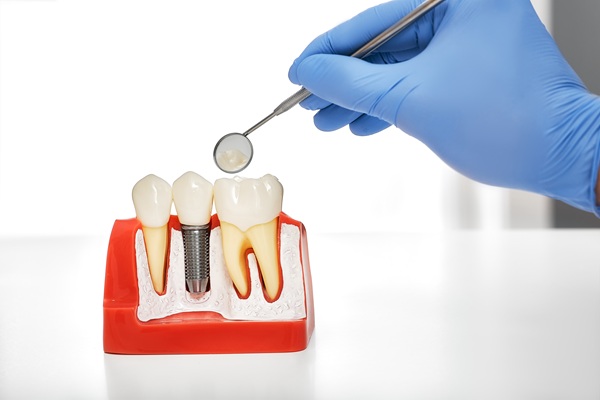Oral-Systemic Connection Aurora, CO
The oral-systemic connection is the connection between oral and overall health. This mouth-to-body connection is a key part of maintaining overall health, well-being, and quality of life. Understanding this link can help patients achieve optimal health.
The health of your mouth, teeth, and gums can significantly impact your overall health. Our team at Southland Smiles keeps the oral-systemic connection in mind when treating patients in Aurora and the surrounding area. Call us today at (720) 599-2961 to learn more about our services or schedule an appointment.
Understanding the Oral-Systemic Connection
According to the Mayo Clinic, research has found that gum disease is often indicative of various systemic conditions. As a primary entryway into the digestive and respiratory tracts, the mouth is a natural breeding ground for bacteria. While most of these bacteria are harmless, poor oral hygiene practices may enable them to multiply at dangerously high levels — putting the mouth at risk for various oral infections. Once inflammation enters the bloodstream, the body's immune system will be at heightened risk for other systemic conditions.
Traditional dentists tend to treat isolated conditions rather than considering patients in their entirety. Additionally, most patients typically see dentists on an "as-needed" basis. In reality, they should make consistent visits to reap all the benefits of a complete health dentistry program. A total health dentist will go over a patient's medical history to give them the most comprehensive treatment plan. In addition to screening for oral cancer, total health dentists can identify warning signs of other oral health issues and systemic conditions.
“According to the Mayo Clinic, research has found that gum disease is often indicative of other systemic conditions.”
Oral Health and Heart Disease
Though research on the relationship between the two is still ongoing, existing evidence makes it evident that oral health and heart disease are positively correlated. For instance, poor dental hygiene can increase a patient's risk of developing a bacterial infection in the bloodstream, affecting the heart valves. As such, patients with artificial heart valves may particularly benefit from regular visits with a total health dentist.
Furthermore, patients have a two to three times higher risk of having a heart attack, stroke, or another serious cardiovascular event if they have periodontitis. Heart conditions such as atherosclerosis, dyslipidemia, and hypertension link to periodontal microorganisms. Additionally, there is a positive correlative relationship between tooth loss patterns and coronary artery disease.
“Though research on the relationship between the two is still ongoing, existing evidence makes it evident that oral health and heart disease are positively correlated in some way.”
Effects of Untreated Decay
Not treating dental decay can have costly consequences and long-term adverse effects. Untreated decay can be painful and debilitating in severe cases. Treating decay in its early stages is crucial or patients risk the damage becoming irreversible.
Without the right treatment, decay can lead to teeth and gum infection and even tooth loss. When decay occurs, bacteria can infect a tooth's root and cause an abscess to form. If this infection occurs without proper treatment, it can spread to other areas of the body, such as the jaw. In rare cases, it can spread to the brain and even result in death.
“Without the right treatment, decay can lead to teeth and gum infection and even tooth loss.”
Check out what others are saying about our dental services on Yelp: Oral-Systemic Connection in Aurora, CO
Oral Health and Nutrition
Oral health and diet affect each other directly. What a patient eats will naturally influence the health of the tissues in the mouth, while the health of the mouth will affect the patient's ability to eat. Additionally, excessive sugar consumption can increase the risk of developing cavities. Frequent consumption of acidic foods and beverages can also increase the risk of erosive tooth wear.
Thus, good oral health is dependent on proper nutrition and healthy eating habits. Patients should avoid natural and added sugars, along with processed starches and low pH-level acids. Eating a nutritious, well-balanced diet and limiting the consumption of between-meal snacks can benefit both a patient's overall and oral health.
“What a patient eats will naturally influence the health of the tissues in the mouth, while the health of the mouth will affect the patient’s ability to eat.”
Questions Answered on This Page
Q. How does oral health affect overall health?
Q. How does oral health affect heart health?
Q. How does diet affect overall health?
Q. What systemic conditions are linked to oral health?
Q. What are the effects of untreated dental decay?
People Also Ask
Q. How is diabetes affected by oral hygiene?
Q. Why is preventative care important? How can it save you money?
Q. Why is it important to find the right general dentist?
Q. What diseases can an OralDNA test detect?
Q. What is the role of a healthy mouth baseline during an annual wellness visit?
Q. What family members may need extra help with their oral hygiene?
Systemic Conditions Linked to Oral Health
Oral health is linked to a variety of systemic health conditions aside from heart disease. Some of the most prominent include diabetes, pneumonia, rheumatoid arthritis, and Sjorgen's syndrome. As certain conditions may sometimes necessitate changes to oral health treatment, patients should be as forthcoming as possible about their medical history.
For example, diabetes and oral health have a bidirectional relationship — meaning treating one can treat the other. At the same time, diabetes reduces the body's ability to resist infection, thus increasing the patient's risk for gum disease. Research also suggests that poor oral hygiene increases elderly patients' risk of developing pneumonia. Additionally, rheumatoid arthritis and periodontal disease are both linked to severe inflammation. Patients may become more susceptible to Sjogren's syndrome as a result.
“As certain conditions may sometimes necessitate changes to oral health treatment, patients should be as forthcoming as possible about their medical history.”
Frequently Asked Questions
Q. What causes dental decay?
A. A combination of factors can cause dental decay. Some common factors include oral bacteria, eating and drinking sugary foods and beverages, and failure to clean teeth well.
Q. How can I prevent dental decay?
A. The best way to prevent dental decay is through proper oral hygiene. A good hygiene routine includes brushing teeth twice a day and flossing teeth at least once. This will remove plaque and debris that result in decay-causing bacteria to build up.
Q. What is plaque?
A. Plaque is a sticky film that constantly develops on teeth. It consists of bacteria that produce acid and, without removal, can harden into tartar. This can eventually cause tooth decay and loss.
Q. What is an abscess?
A. An abscess is a pocket of pus that develops in the teeth or gums. It often forms due to a bacterial infection resulting from poor oral hygiene or an untreated cavity or injury. Abscesses can cause severe pain and require prompt treatment to prevent further oral and overall health complications.
Q. What are the risk factors associated with gum disease?
A. Gum disease happens when an infection occurs in the tissues that hold the teeth in place. Some common risk factors include genetics, smoking or chewing tobacco, certain medications, crooked teeth, poorly fitting dental appliances, and broken fillings. Other risks associated with gum disease include pregnancy and complications that cause compromised immunity.
Dental Terminology
Call Us Today
A healthier life begins with a healthier mouth. We at Southland Smiles may be able to help. Call us today at 720-599-2961 to schedule an appointment or to learn more about our services.
Helpful Related Links
- American Dental Association (ADA). Glossary of Dental Clinical Terms. 2025
About our business and website security
- Southland Smiles was established in 2009.
- We accept the following payment methods: American Express, Cash, Check, Discover, MasterCard, and Visa
- We serve patients from the following counties: Arapahoe County, Adams County and Douglas County
- We serve patients from the following cities: Aurora, Centennial, Parker, Englewood, Foxfield, Castlewood Rock, Lone Tree, Elizabeth, Franktown and Highlands Ranch
- National Provider Identifier Database (1265685796). View NPI Registry Information
- Healthgrades. View Background Information and Reviews
- Norton Safe Web. View Details
- Trend Micro Site Safety Center. View Details
Back to top of Oral-Systemic Connection



